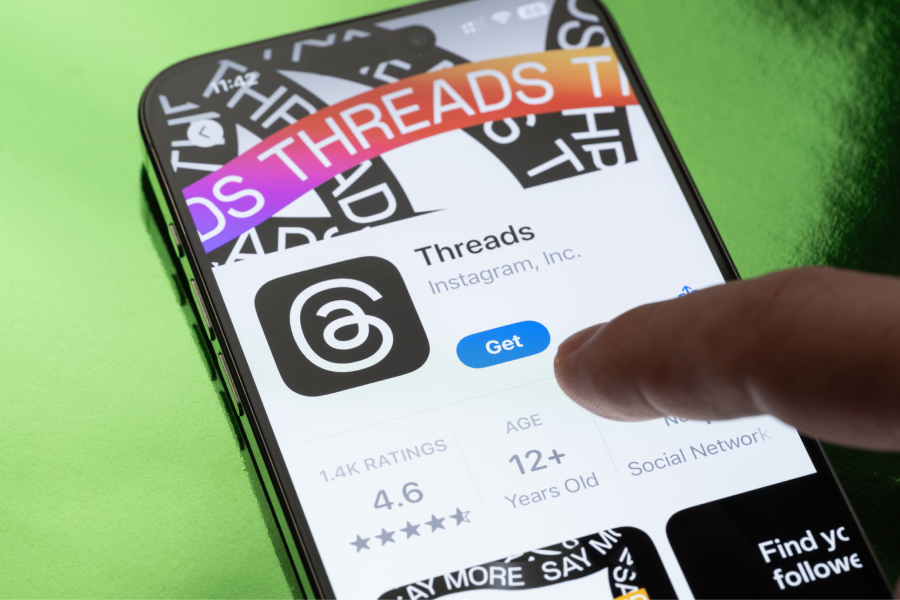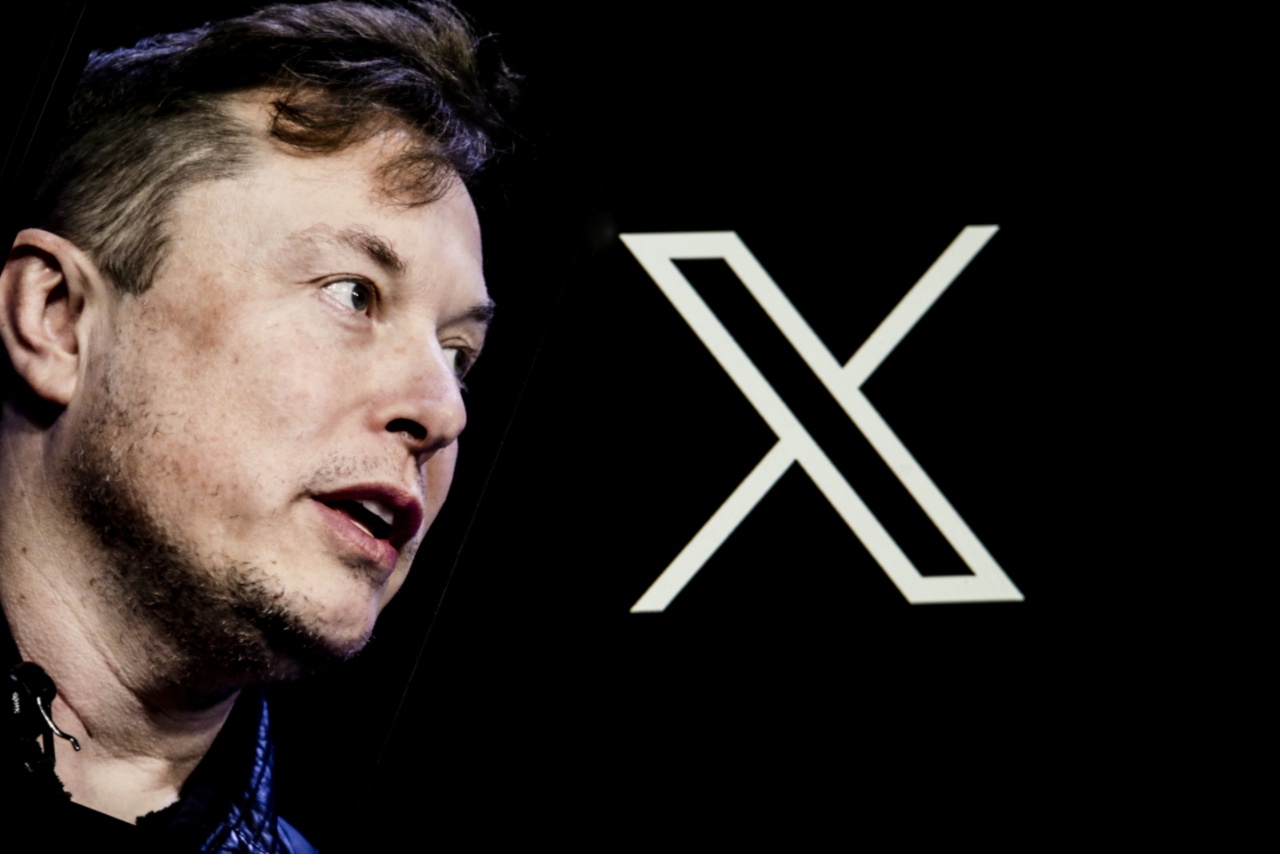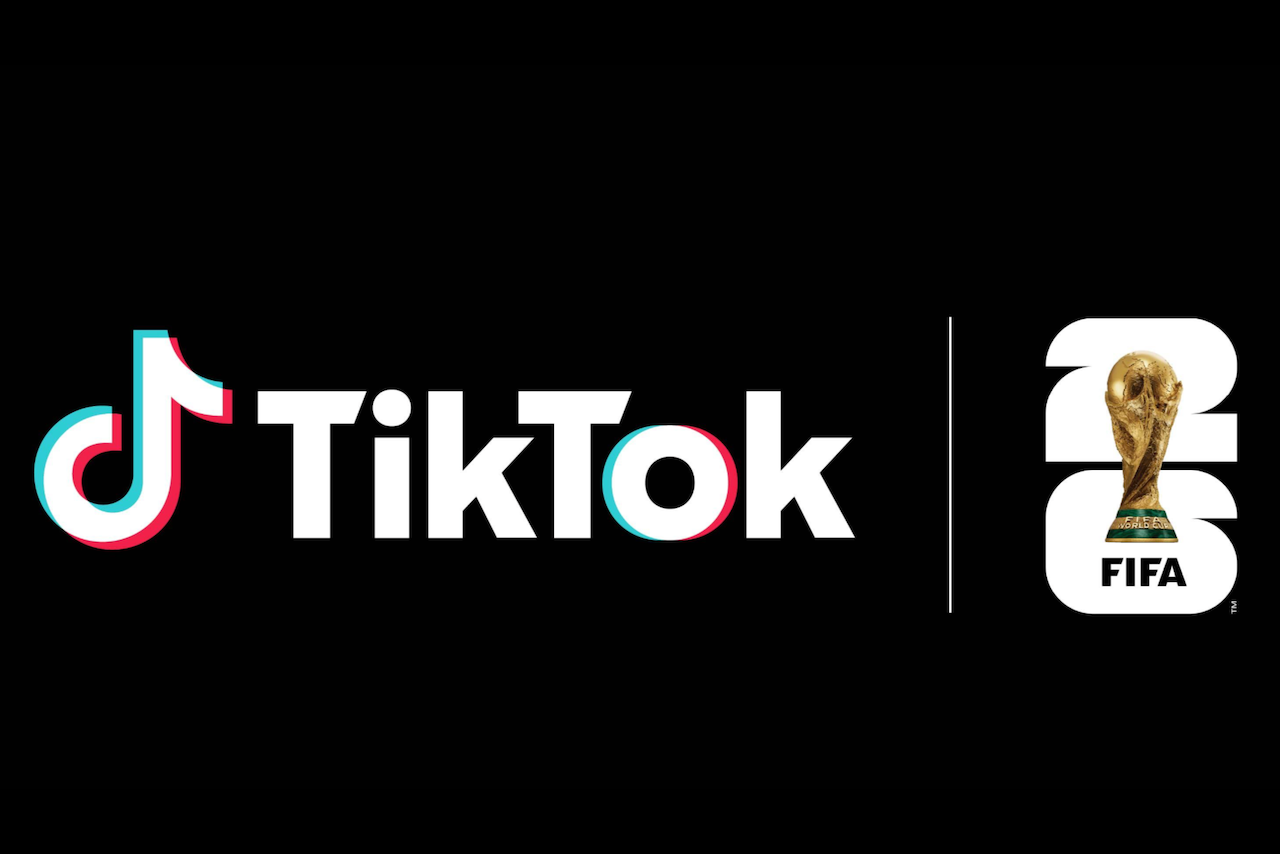Tech companies, including most major social media platforms, lack transparency features that let watchdogs determine where their ads are coming from, according to a report from Mozilla and CheckFirst released on Tuesday.
The European Union’s Digital Services Act requires platforms with more than 45 million monthly active users to create publicly available ad repositories, which are essentially filing systems that organise data such as what organisation is behind an ad and where it’s based. Good repositories make that information easy to find, but the study found many major platforms have messy repositories that lack data and ease-of-use features that let watchdogs evaluate compliance.
The study categorised each platform into one of four categories based on the features their repositories have:
- Lacks vital data and functionality
- Bare minimum data and functionality
- Still has big gaps in data and functionality
- Ready for action
X “lacks vital data and functionality,” according to the report. Its repository offers no filtering and sorting capabilities and ads can only be accessed by downloading a massive CSV file that contains little information. If researchers don’t know what market an ad is targeting, among other criteria, they likely won’t be able to find a specific ad within the file.
“It’s one of the only platforms where you need to know what you’re searching for before searching for it,” said Amaury Lesplingart, chief technology officer and cofounder of CheckFirst. “Trying to access X was really complicated and using it as a researcher is nearly impossible.”
The report also classified Snapchat in this category.
Alphabet’s repositories were an improvement, offering the “bare minimum of data and functionality.” Other platforms including LinkedIn, Meta and TikTok fared better but still have “big gaps in data and functionality.”
The study classified no platforms as ready for action.
Mozilla and CheckFirst initially hesitated to rank the platforms, as some have had more time and bigger teams to develop their repositories. Still, the rankings have encouraged platforms to engage in constructive dialogue.
“These platforms play different roles in society,” said Claire Pershan, EU advocacy lead at Mozilla. “It’s difficult to say that Booking.com has a worse ad repository than X … but at the end, we wanted to show something that was visual.”
Mozilla and CheckFirst’s methodology included finding 10 ads on each platform for 10 days and then trying to find those same ads in repositories. They also used an automated tool to query information on different APIs and then verify the integrity of that information.
They recommend that platforms standardise ad formats and the information they disclose so that watchdog researchers can more easily evaluate compliance across websites and that regulators enforce the standardisation.
Mozilla and CheckFirst released their study not long after the EU adopted additional transparency rules surrounding political ads in March.
Many of the tech companies affected by these rules are based in the U.S., which is why the Federal Trade Commission reportedly sent officials overseas to help implement and enforce the Digital Services Act. Efforts to comply with these rules could make their way stateside, especially during an election year.
“There are now these repositories for platforms and we never expected to have them,” Pershan said. “They include commercial content that U.S. researchers can see .… It’s been a benefit that will spill over.”











